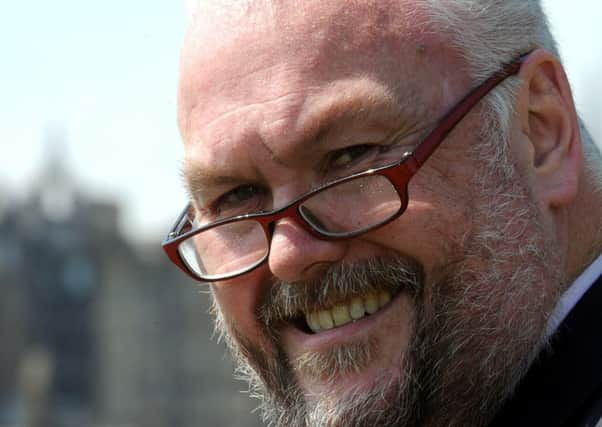Holyrood begins probe into how NHS deals with whistleblowers


NHS staff are to be asked for their views as part of the inquiry launched by MSPs on Holyrood’s health and sport committee.
The “culture of the NHS” and the way it affects patients is to be a key area of investigation. The Scotsman understands that part of the remit will be to look at the treatment of whistleblowers, which has been a controversial area in recent times.
Advertisement
Hide AdAdvertisement
Hide AdLast year the NHS Scotland chief executive Paul Gray admitted some health workers are still reluctant to blow the whistle on unsafe practices for fear of being victimised.
Mr Gray also said some staff do not raise issues because they believed it would not lead to any real change.
There have also been high-profile cases of whistleblowers who felt poorly treated after raising the alarm. These include Dr Jane Hamilton, a consultant psychiatrist, who voiced fears over the safety of a Scottish specialist psychiatric service in NHS Lothian linked to two deaths.
Another example occurred in NHS Grampian where Malcolm Loudon, a surgeon turned whistleblower, was accused of bullying but was subsequently cleared of all allegations by the General Medical Council.
According to the health and sport committee, the first part of the inquiry will focus on staff governance and will look at whether staff are managed fairly and effectively.
The committee has issued a call for views and are asking those with an interest in this issue to contact it. It also plans to undertake a number of informal evidence sessions with patient groups, frontline staff and senior managers to inform their inquiry.
The committee’s convener, Lothians Labour MSP Neil Findlay, said: “The culture of the NHS has a fundamental impact on how our NHS is run and the quality of the services it provides.
“That there is an environment where staff are supported, empowered and feel confident about speaking out about issues they experience will be a major focus of this work. NHS staff are passionate about providing the best care they can.
Advertisement
Hide AdAdvertisement
Hide Ad“We are keen to hear the views of those who work in the NHS in Scotland. By hearing from people on the ground it will give us a much better idea about what is happening in our NHS up and down the country.”